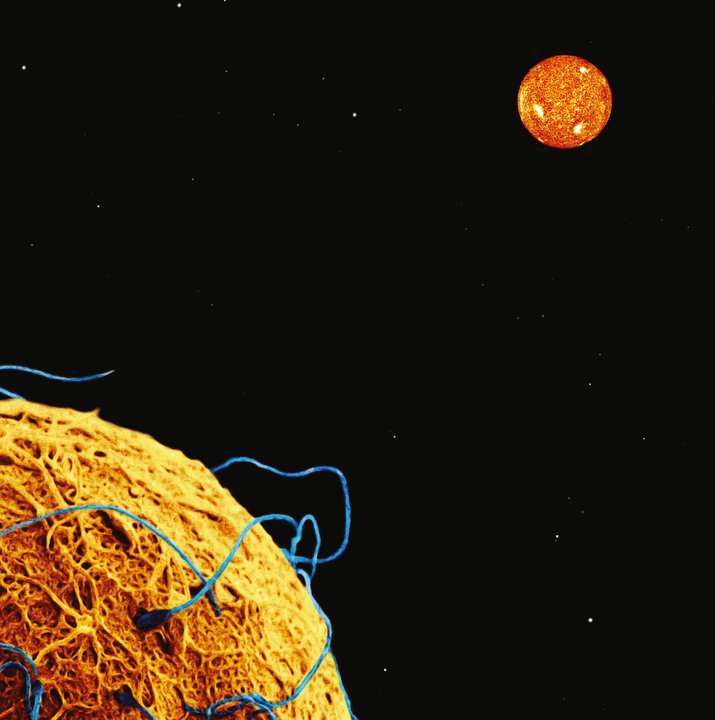
Exposé Online
What's old
Exposé print issues (1993-2011)
- 1 (October 1993)
- 2 (February 1994)
- 3 (May 1994)
- 4 (August 1994)
- 5 (October 1994)
- 6 (March 1995)
- 7 (July 1995)
- 8 (November 1995)
- 9 (March 1996)
- 10 (August 1996)
- 11 (February 1997)
- 12 (May 1997)
- 13 (October 1997)
- 14 (February 1998)
- 15 (July 1998)
- 16 (January 1999)
- 17 (April 1999)
- 18 (November 1999)
- 19 (May 2000)
- 20 (October 2000)
- 21 (March 2001)
- 22 (July 2001)
- 23 (December 2001)
- 24 (April 2002)
- 25 (September 2002)
- 26 (February 2003)
- 27 (August 2003)
- 28 (December 2003)
- 29 (April 2004)
- 30 (September 2004)
- 31 (March 2005)
- 32 (September 2005)
- 33 (May 2006)
- 34 (March 2007)
- 35 (January 2008)
- 36 (October 2008)
- 37 (July 2009)
- 38 (July 2010)
- 39 (Summer 2011)
Reviews
Phideaux — Snowtorch
(Bloodfish 8 26677 00459 8, 2011, CD)
Phideaux — Infernal
(Bandcamp no#, 2018, CD / DL)
by Jon Davis, Published 2022-05-31


After reviewing 71319 Live at Monforti Manor, it occurred to us here at Exposé that we had somehow missed reviewing not one, but two, Phideaux albums. So we’re here to look at Snowtorch (2011) and Infernal (2018). For listeners familiar with previous Phideaux albums, especially the last few, these continue in the same vein: complex but accessible music that is impeccably performed and recorded, with touches of classic progressive rock. “Snowtorch” (the composition) is divided into two lengthy tracks, each of which could fill an LP side. Functionally, it’s a suite comprising many sections that probably could have been presented as individual tracks. This is of course the structure pioneered by Procol Harum (“In Held ‘Twas I”), Jethro Tull (“Thick as a Brick”), Genesis (“Supper’s Ready”), and many more. Some of the sections are quite melodic and vocal-oriented, others are primarily instrumental, though extended solos aren’t part of the picture. Quite often, keyboards are the basis of the arrangements, though variety rules the day, so there are no absolutes. The vocals, both lead and backing, are shared between several singers, both male and female, and the arrangements are augmented by strings and woodwinds at times. Some of my favorite touches involve the interplay between piano and organ. The Snowtorch album is filled out with two shorter tracks, one of which is titled only with a dot (“.”). All in all, it’s an excellent album that has everything a progressive rock fan should want, whether they lean towards the melodic side of the genre or not.
Infernal is very much the same, only more. The 19 tracks total nearly an hour and a half, and many of them run together into side-long suites, and the album is the long-awaited conclusion of the trilogy that began with The Great Leap (2006) and Doomsday Afternoon (2007). (Two intervening albums, Number Seven (2009) and Snowtorch were unrelated to the trilogy.) The overall theme of the trilogy involves death and destruction and the end of the human race, but the music is generally upbeat and melodic, similar in sound to Snowtorch. Phideaux’s core ensemble has remained quite consistent for many years, with the leader on acoustic guitar, keyboards, and vocals, Rich Hutchins (drums), Matthew Kennedy (bass), Gabriel Moffat (guitar), Ariel Farber (violin), Mark Sherkus (keyboards), and Johnny Unicorn (sax, keyboards), along with vocalists Valerie Gracious, Linda Ruttan Muldawsky, and Molly Ruttan; Farber and Unicorn also sing. The album is a shining example of epic prog that doesn’t come off as overly pretentious and hits a perfect balance between big ambition and a sly wink at life’s absurdities. Music is not a competition, but in the category of American artists doing large-scale progressive rock, Phideaux is one of the best, and any fans of the genre who aren’t already on board should check out these albums (or any of the others going back to at least The Great Leap).
Filed under: New releases, 2011 releases, 2018 releases
Related artist(s): Phideaux, Johnny Unicorn, Valerie Gracious
More info
http://phideaux.bandcamp.com
What's new
These are the most recent changes made to artists, releases, and articles.
- Review: Exit - Dove Va la Tua Strada?
Published 2026-03-01 - Review: Steve Tibbetts - Close
Published 2026-02-28 - Release: We Stood Like Kings - Pinocchio
Updated 2026-02-27 19:24:02 - Release: Stephen Grew - Pianoply
Updated 2026-02-27 19:20:11 - Release: Thierry Zaboitzeff - Artefacts
Updated 2026-02-27 00:16:46 - Review: Kevin Kastning - Codex I & Codex II
Published 2026-02-27 - Release: Zan Zone - The Rock Is Still Rollin'
Updated 2026-02-26 23:26:09 - Release: The Leemoo Gang - A Family Business
Updated 2026-02-26 23:07:29 - Release: Ciolkowska - Bomba Nastoyashchego
Updated 2026-02-26 13:08:55 - Review: Immensity Crumb - Chamber Music for Sleeping Giants
Published 2026-02-26 - Release: The Gatekeepers - Diary of a Teenage Prophet
Updated 2026-02-25 15:55:58 - Listen and discover: Mordecai Smyth will not break your back
Published 2026-02-25 - Review: Mars Lasar - Grand Canyon
Published 2026-02-25 - Release: Tashi Wada - What Is Not Strange?
Updated 2026-02-24 14:56:16 - Artist: Tashi Wada
Updated 2026-02-24 14:54:34 - Release: Greg Segal - Maintain!
Updated 2026-02-24 00:38:03 - Review: Il Segno del Comando - Sublimazione - Live
Published 2026-02-24 - Review: Nektar - Mission to Mars & Fortyfied
Published 2026-02-23
